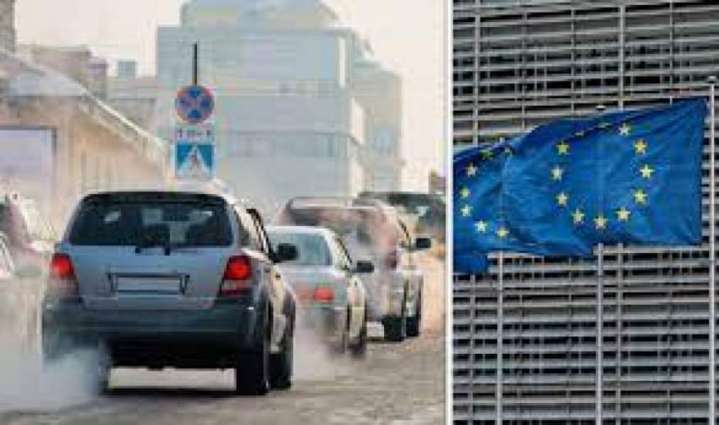The ban on sales of new CO2 emitting cars in the European Union from 2035 is a vital step toward zero-emission mobility and will help the bloc become climate neutral by 2050, European Commission Vice-President Frans Timmermans said on Tuesday
MOSCOW (Pakistan Point News / Sputnik - 28th March, 2023) The ban on sales of new CO2 emitting cars in the European Union from 2035 is a vital step toward zero-emission mobility and will help the bloc become climate neutral by 2050, European Commission Vice-President Frans Timmermans said on Tuesday.
Earlier in the day, the EU energy ministers approved a law banning the sales of new cars emitting carbon dioxide from 2035 as part of the efforts to reach the goal of reducing overall CO2 emissions by at least 55% by 2030 and make the EU climate neutral by 2050.
"With @EUCouncil's final vote today the EU has taken an important step towards zero-emission mobility. The direction is clear: in 2035 new cars and vans must have zero emissions. It brings a big contribution to climate neutrality by 2050 and is a key part of the #EUGreenDeal," Timmermans tweeted.
In February, the European Parliament passed a law that would require new passenger cars and light commercial vehicles in the European Union to produce zero CO2 emissions to enter the EU market from 2035 as part of the EU's fight against climate change.
Initially, the draft law was supposed to ban the sale of all new cars with internal combustion engines starting 2035. However, the EU ministers could not agree on the bill due to last-minute opposition from Germany that demanded that the European Commission create exemption for combustion engine cars running on e-fuels.
E-fuels are made using captured carbon dioxide and hydrogen obtained from sustainable electricity sources. Electrofuels are being developed primarily to ensure that modified versions of combustion engines can still be used in future.




